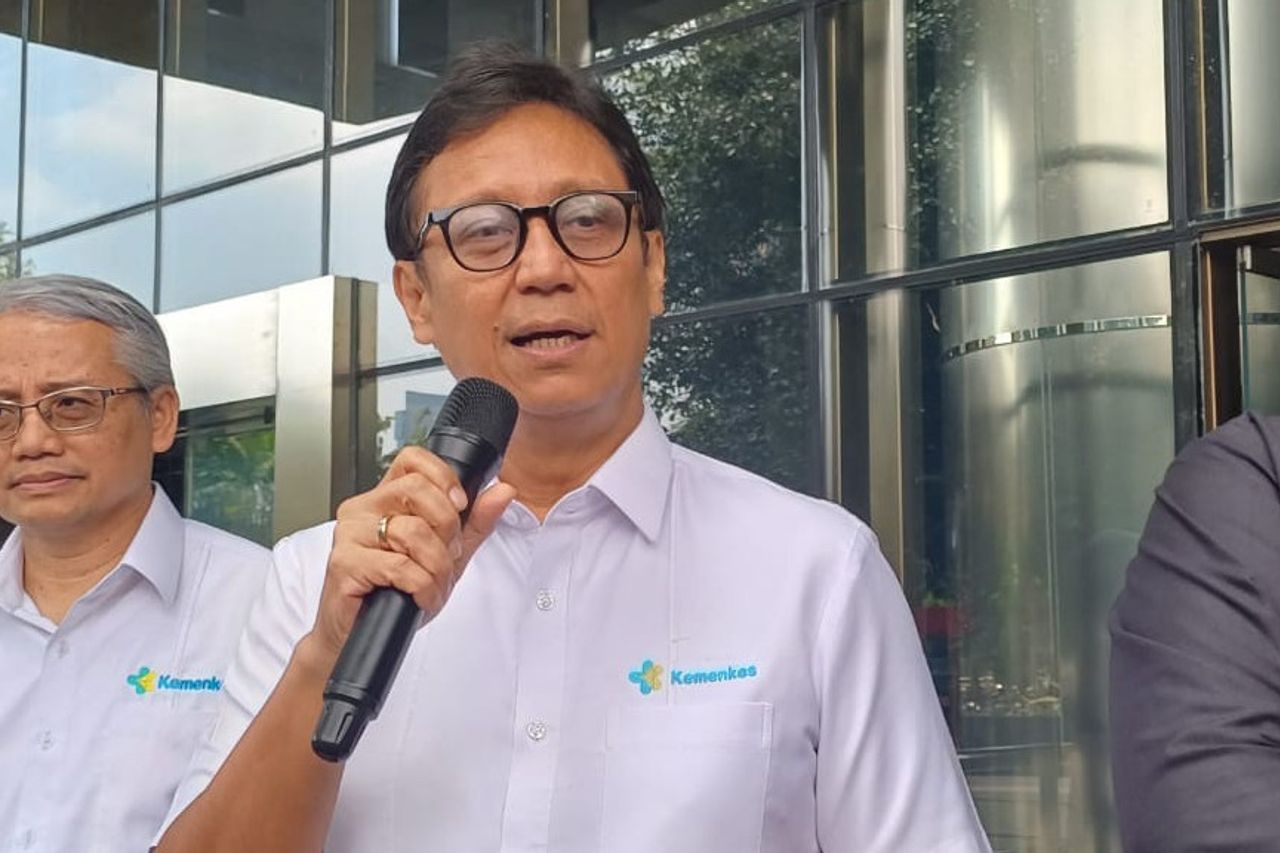Sexual Harassment by Doctors Rampant, Health Minister Budi Pushes for Reform of PPDS Education System

JAKARTA – The increasing number of alleged sexual harassment cases involving participants in the Specialist Doctor Education Program (PPDS) has once again disturbed public trust in the medical world. Most recently, the public was shocked by allegations of sexual harassment committed by a PPDS participant from the Faculty of Dentistry, University of Indonesia (FKG UI). Minister of Health Budi Gunadi Sadikin also spoke up and expressed deep concern over this situation.
"For that reason, we feel that there must be serious, systematic, and concrete improvements for PPDS," said Minister of Health Budi in a press conference at the Ministry of Health Office, Monday, April 21.
According to the Minister of Health, improvements to the specialist doctor education system are not only limited to academic aspects, but also touch on psychological, social, and ethical aspects.
He emphasized that the medical world needs a healthy culture in order to produce health workers who are not only intellectually intelligent, but also strong in character and morals.
One of the concrete steps proposed by Budi is the implementation of mandatory psychological tests for prospective PPDS participants before they begin their education. This step aims to map the mental condition of the participants and ensure that they are worthy of interacting and serving the community well.
“Prospective specialist doctors must have a stable psychological condition, because they will be under high work pressure and must always maintain ethics in their profession,” he explained.
He also proposed that psychological screening be carried out routinely every six months during the education period. Thus, the mental stress that participants may experience can be monitored periodically.
Furthermore, the Minister of Health highlighted the need for transparency in the PPDS recruitment process. He criticized unfair practices such as preferences or ‘insider people’ who could cloud objectivity in the selection of prospective participants.
“Transparency in this recruitment process is important, so that we do not choose the wrong participants who will be trained to become specialist doctors,” he said firmly.
No less important, Budi also emphasized the importance of affirmation for local sons and daughters so that they can participate in PPDS and return to serve the community in their home regions. According to him, after almost eight decades of independence, Indonesia still faces serious problems in the distribution of medical personnel.
“The distribution of specialist doctors is still very unequal. Cities outside Java still lack many doctors, while most experts are concentrated in big cities,” he said.
Budi also expressed his concern about the practice of PPDS education which is often not directly supervised by consultants, but by senior students. According to him, this practice lowers the quality of education and is not in accordance with global standards.
"Education must be carried out by consultants who have responsibility and competence. This must be proven through a digital log book, so that accountability can be accounted for," said Budi.
In terms of workload, Budi also criticized the working hours of PPDS participants which are often excessive and inhumane. He asked all hospitals, especially those under the Ministry of Health, to comply with international working hour standards.
"If they have to work overtime one day, the next day must be off. If not, this can suppress psychological conditions and open up opportunities for ethical violations," he said.
Another problem that was highlighted was the security and financial pressure faced by PPDS participants. He considered that PPDS participants were often burdened with tasks outside of academic obligations, and had to bear a large cost burden without a fixed income.
Therefore, the Ministry of Health will review the possibility of granting a Practice Permit (SIP) to PPDS participants so that they can continue to practice as general practitioners and earn income legally.
"In this way, we hope that the financial pressure that has been very burdensome can be reduced, so that participants can focus on their education," said Budi.
SEE ALSO:
The Minister of Health emphasized that all of these proposals will not stop on paper. He will push for the reform of the PPDS system to be implemented immediately in the near future in order to prevent the re-emergence of cases of ethical violations and sexual violence in the medical education environment.
"We can no longer tolerate incidents like this. All doctors are role models, and their education must reflect that great responsibility," he concluded.
